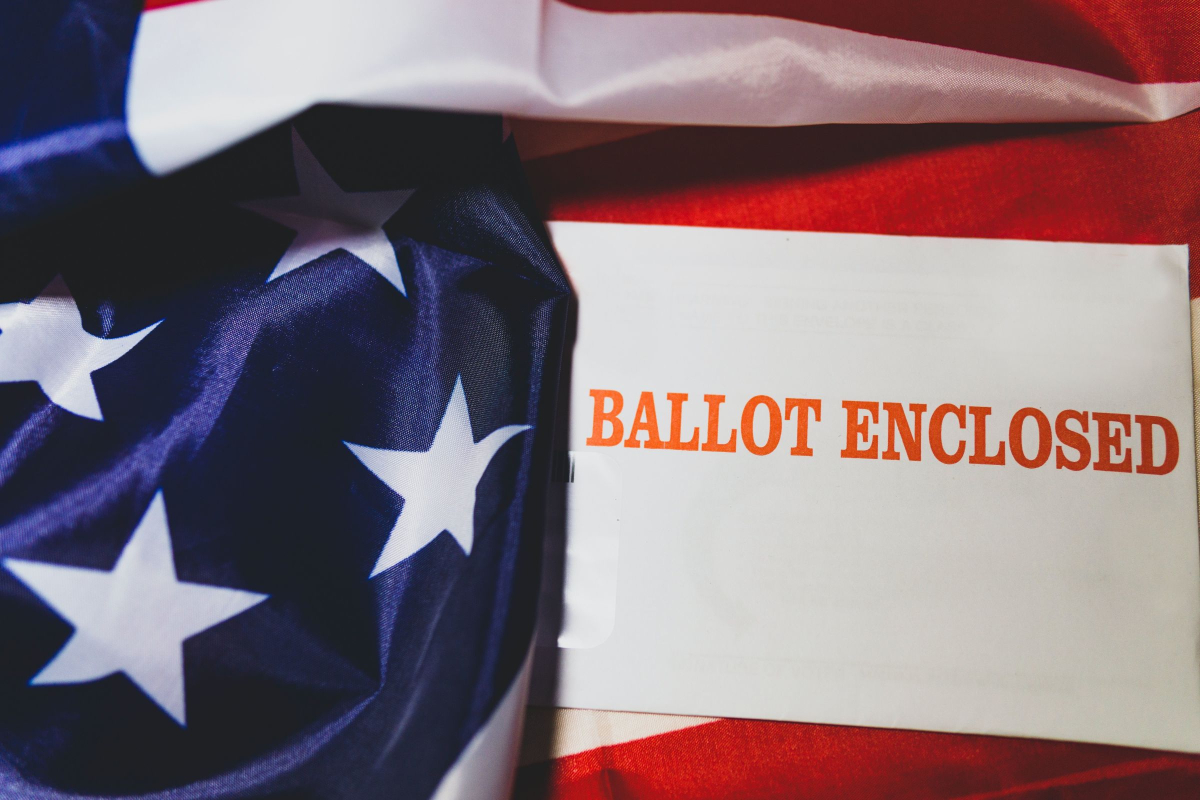Urgency Grows for New Washington Election Law Amidst Lawsuit Allegations
Washington State finds itself at the center of a legal battle over election laws as a crucial lawsuit raises questions about voter rights and the urgency of legislative action. Filed against Washington Secretary of State Steve Hobbs, the lawsuit highlights the alleged shortcomings in the state’s election process and demands immediate changes before the upcoming November elections.
The lawsuit, spearheaded by attorney Stephen Pidgeon, argues that the current election laws violate voter rights by not providing sufficient safeguards against potential misconduct. According to Pidgeon, these flaws could lead to votes being miscounted or even disenfranchised, ultimately undermining the integrity of the electoral process. The plaintiffs insist that immediate reforms are needed to protect voters and restore public trust in the system.
One of the core issues brought up in the lawsuit is the lack of transparency in the election process. Plaintiffs claim that without clear and strict rules, there’s too much room for error, making it difficult to verify that every vote is counted accurately. This has raised concerns among Washington voters, especially as the state prepares for the November elections, which could see significant political shifts.
Pidgeon and the plaintiffs are not only asking for changes in the law but are also calling for an overhaul of the current system to ensure that it is fair and transparent. They argue that the current system does not provide enough oversight and accountability, which could lead to severe consequences in a closely contested election.
Secretary of State Steve Hobbs, however, has defended the existing laws, stating that Washington has a history of secure and fair elections. He argues that the state’s vote-by-mail system is one of the most robust in the nation and that current regulations are sufficient to prevent any significant issues. Hobbs believes the lawsuit is politically motivated and could sow unnecessary doubt about the election process.
The stakes are high as the November elections approach. If the court sides with the plaintiffs, it could force the state to implement new election laws in a very short timeframe. This could lead to confusion and logistical challenges, especially as county election offices scramble to comply with any new requirements. Conversely, if the court rules in favor of the Secretary of State, it could lead to increased scrutiny and skepticism about the election results.
One of the critical questions raised by the lawsuit is who should be held accountable if voter rights are violated. Pidgeon argues that it is the responsibility of state officials to ensure that every vote is counted fairly and accurately. This places a heavy burden on the Secretary of State’s office, which must balance maintaining a secure election process while also addressing public concerns about transparency.
For many voters, the urgency for new laws is clear. They want assurance that their votes will count and that the election process is transparent and reliable. The plaintiffs believe that without immediate changes, the upcoming election could be compromised, leading to widespread voter distrust.
The potential impact of this lawsuit on the November election cannot be understated. Washington voters are watching closely as the case unfolds, knowing that the outcome could shape not only the election laws but also the political landscape of the state for years to come. If the lawsuit succeeds, it could set a precedent for other states to follow, leading to broader national discussions on voter rights and election security.
For now, Washington remains in a state of uncertainty. With the November elections just around the corner, the urgency for a resolution has never been greater. Voters are counting on a clear, fair, and transparent process to ensure that their voices are heard. As the legal battle continues, all eyes are on the state to see whether it will rise to the challenge and safeguard the integrity of its elections.


